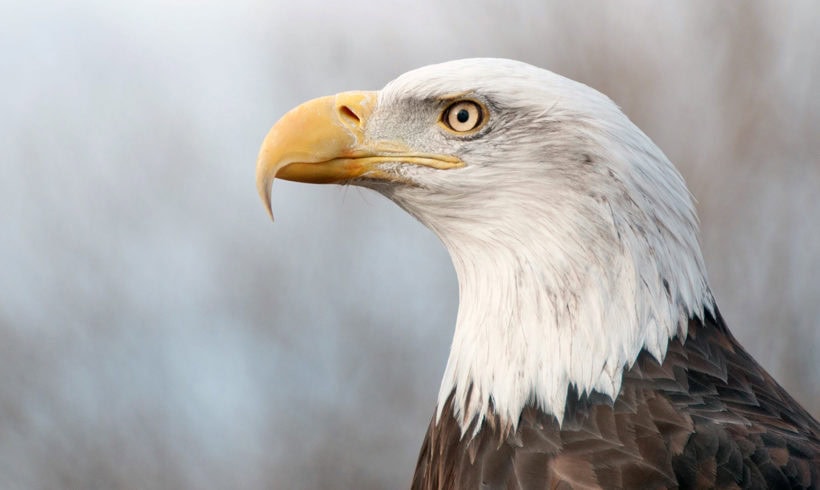The bald eagle taught us an important lesson. Are we already forgetting it?

Image: Elissa Schilmeister
Good news reached the airwaves this July: A record 323 breeding pairs of nesting bald eagles were found in New York since conservation efforts began in the 1970’s.
This news comes in stark contrast to the news that we received in 1970: there was only one pair of nesting bald eagles left in New York State. We had almost let our national emblem go extinct due to our use of the toxic insecticide DDT. And the bald eagle isn’t alone—other once-endangered species have managed to rebound in the United States such as the peregrine falcon and the gray wolf.
However, it was not by accident that these species have recovered—legislation like the Migratory Bird Treaty Act and the Endangered Species Act have been instrumental in allowing populations to rebound. If we’ve learned anything from the bald eagle and other once-endangered species, it is that powerful policy works.
But recently, bills and amendments being pushed out of the House Natural Resources Committee are receiving criticism from conservationists. An amendment proposed by Representative Liz Cheney (R-WY) to the Migratory Bird Treaty Act is being called the “bird killer amendment” by the National Audubon Society. In a statement, National Audubon Society President and CEO David said “Rep. Cheney is giving oil and gas companies and other industries a free pass to kill birds with impunity. This amendment guts the most effective bird conservation law that has been on the books for a century, the Migratory Bird Treaty Act.” Cheney on the other hand claims that language in the MBTA is too ambiguous, and has led to overzealous regulations that hinder energy operators in Wyoming.
Other bills include adding reforms to the Endangered Species Act that would give authority to the ‘appropriate department’ to deny the listing of a species as threatened if it meant that it could result in significant cumulative economic effect.
Our survival on this planet is directly tied to the earth’s biodiversity. Protecting vulnerable species protects the complex ecosystems that we are a part of. We rely on these ecosystems to clean our air and water, to pollinate much of the food we eat, and so much more.


